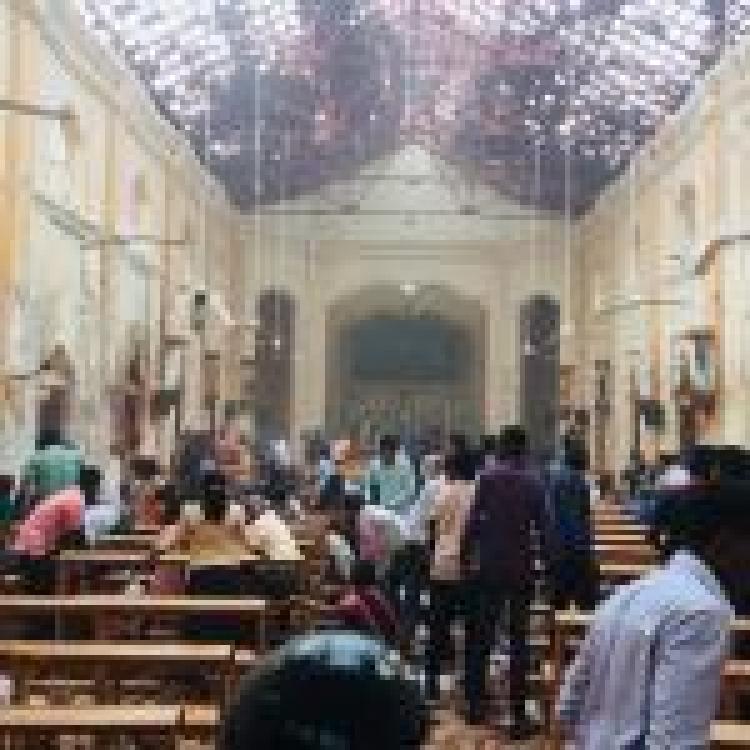<p>Acting on the direction of the Commander of the Army, the Directorate of Operations has mobilised additional troops to be deployed for security precautions in large vulnerable areas in response to the Easter Sunday attacks.</p>
<p>Military Spokesman, Brigadier Sumith Atapattu, told a media briefing at the Ministry of Defence (MOD) that at least “a thousand Army members have been deployed in Colombo soon after the blasts”.</p>
<p>The Army stated that it is in the process of “beefing up security around residents up security around residences of clergymen, churches and religious places of worship, prominent state institutes and other important locations”. </p>
<p>The increased military presence will be conducted with “island-wide patrolling in close coordination with all island-wide Security Force”.</p>
<p>Residents are advised to “remain in houses until the culprits are brought to justice”. They are further encouraged to inform the police and security forces of “any suspicious elements that might move about in respective areas”. The State Minister of Defence, Ruwan Wijewardene, stated that “the culprits would be apprehended as early as possible”.</p>
<p>The report issued by the army further stated that the East Commander met the Bishop of Batticaloa to discuss security measured in Ampara, Batticaloa, Trincomalee and Pasikuda areas where guest houses are situated.</p>
<p>Discussions in Batticaloa were held in participation with the Governor, District Secretary, DIG and Security Forces. The discussions in Trincomalee are headed by the General Officer Commanding, 22 Division.</p>
<p>These areas will experience similar security arrangements.</p>
<p>Read the army's full statement<a href="https://www.army.lk/news/security-precautions-beefed-more-army-troops?f…"> here</a> <br>
Read more up to date reporting on the Sunday Easter bombings <a href="https://www.tamilguardian.com/content/almost-300-killed-easter-sunday-b…">here.</a></p>
<p> </p>
We need your support
Sri Lanka is one of the most dangerous places in the world to be a journalist. Tamil journalists are particularly at threat, with at least 41 media workers known to have been killed by the Sri Lankan state or its paramilitaries during and after the armed conflict.
Despite the risks, our team on the ground remain committed to providing detailed and accurate reporting of developments in the Tamil homeland, across the island and around the world, as well as providing expert analysis and insight from the Tamil point of view
We need your support in keeping our journalism going. Support our work today.


